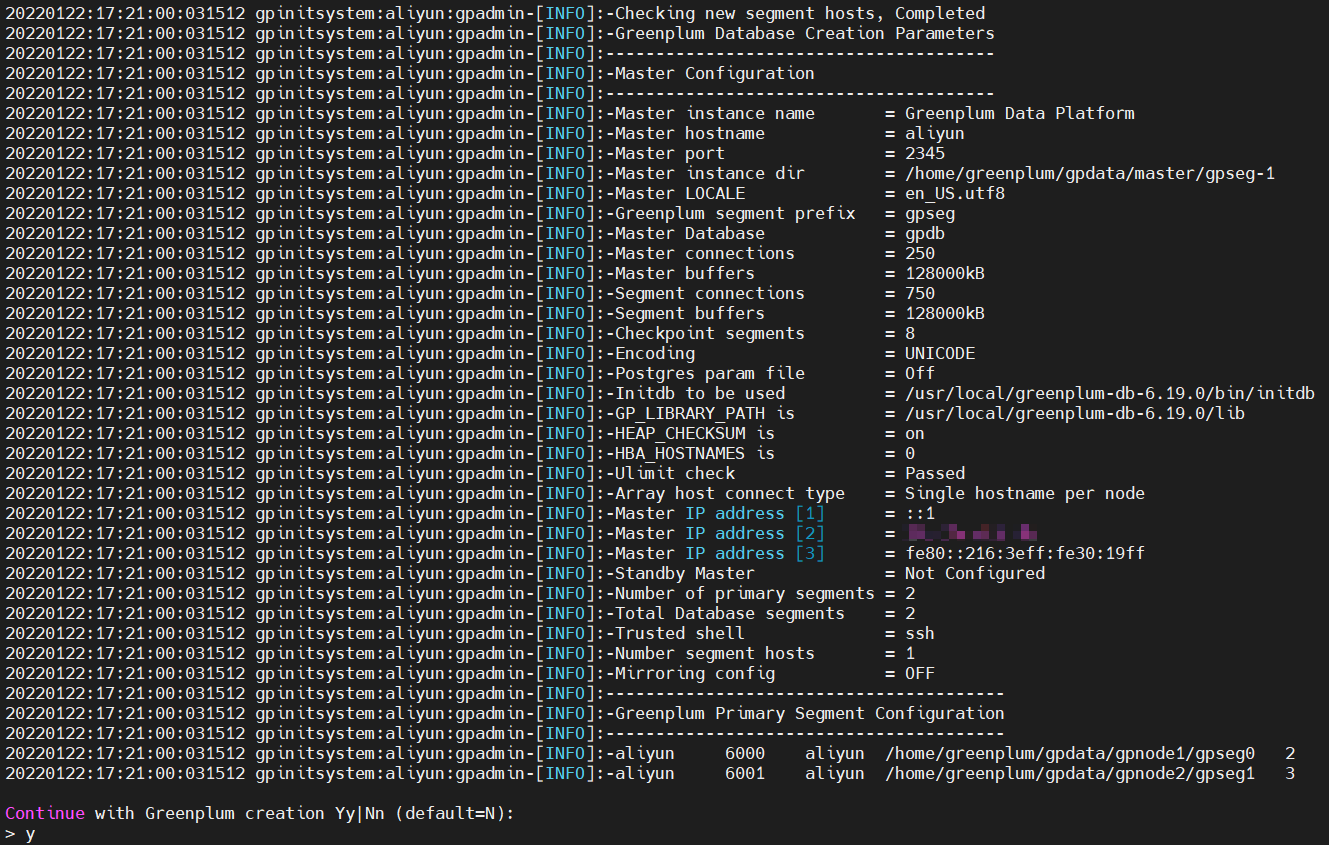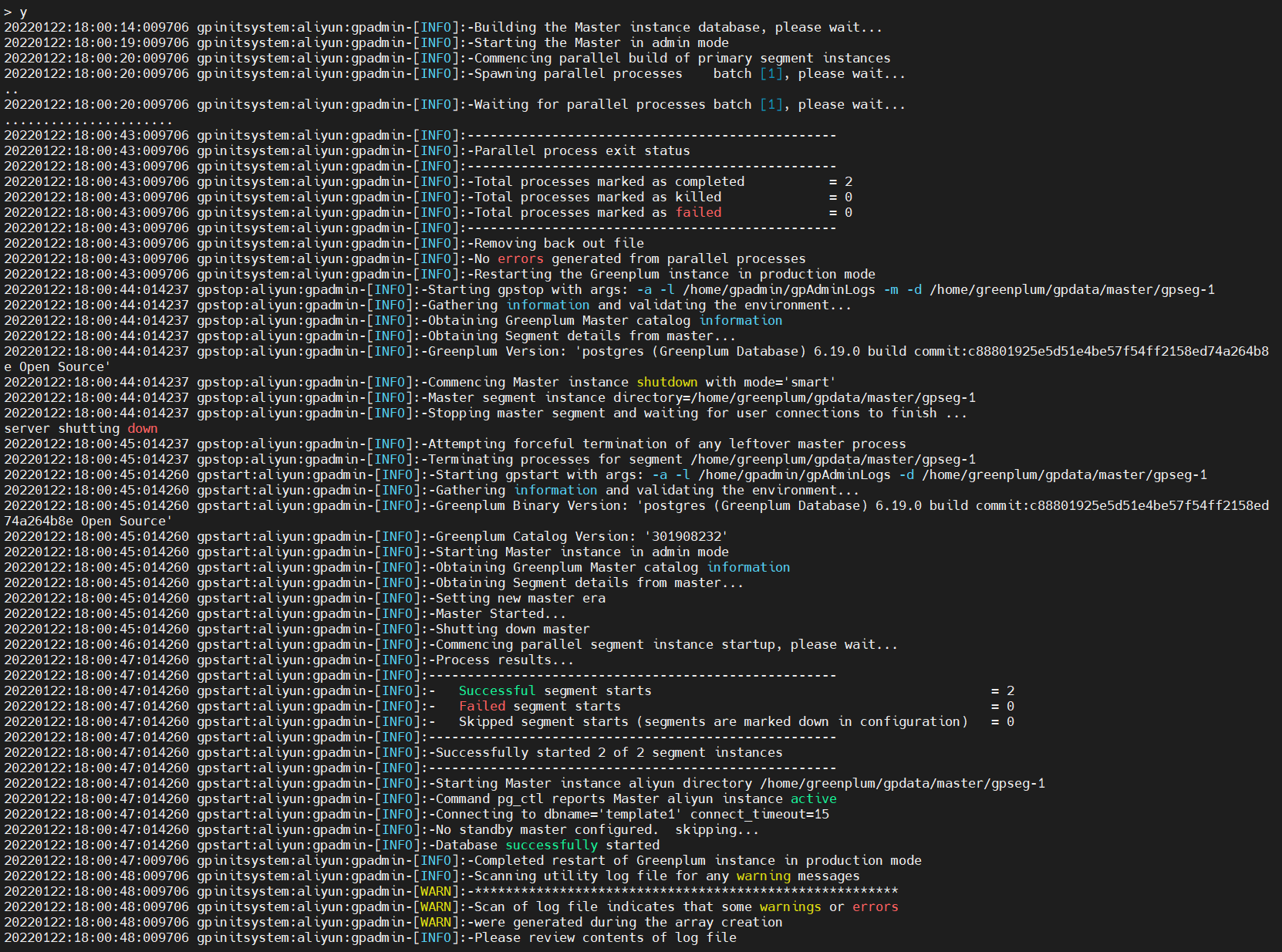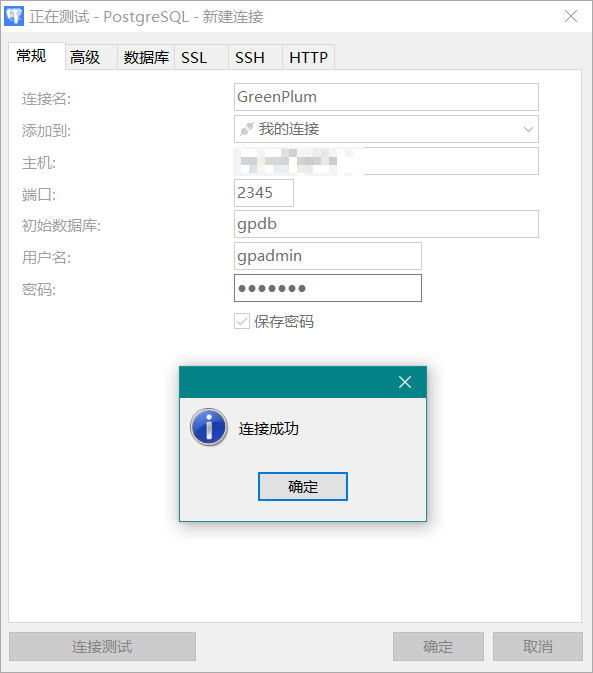File network disk resources required for problem solving:
Link: https://pan.baidu.com/s/1uMrhVmHlvEQ-sEGZtqhqiw Extraction code: kkab
File list:
libnsl-2.17.so libcrypto.so.1.0.2k libssl.so.1.0.2k libreadline.so.6.2
1. Environmental description
firewall: after it is turned on, various settings are required, which may cause various external connections to fail, such as ftp, telnet, ssh... (some problems are not floating on the surface, and you don't know it's the pot of the firewall). For simplicity, ECS can turn off the firewall and use an easily configured security group.
SELinux: SELinux policy is a white list principle. It can be configured only after you know the permissions used by the installed software (the trouble is not to mention the configuration, but you don't know what permissions are required). Linux already has a relatively perfect Security Best Practice. Deployment on Linux has more practical experience and feasible schemes to ensure the security of the system. Even without SELinux, everyone generally chooses to close SELinux.
# Check whether the firewall is closed or not (systemctl stop firewalld)
systemctl status firewalld
● firewalld.service - firewalld - dynamic firewall daemon
Loaded: loaded (/usr/lib/systemd/system/firewalld.service; disabled; vendor preset: enabled)
Active: inactive (dead)
Docs: man:firewalld(1)
# Check the selinux status and do not close the modification (SELINUX=disabled)
cat /etc/selinux/config
# This file controls the state of SELinux on the system.
# SELINUX= can take one of these three values:
# enforcing - SELinux security policy is enforced.
# permissive - SELinux prints warnings instead of enforcing.
# disabled - No SELinux policy is loaded.
SELINUX=disabled
# SELINUXTYPE= can take one of three two values:
# targeted - Targeted processes are protected,
# minimum - Modification of targeted policy. Only selected processes are protected.
# mls - Multi Level Security protection.
SELINUXTYPE=targeted
# System version [root@aliyun ~]# rpm -qi centos-release Name : centos-release Version : 8.1 Release : 1.1911.0.8.el8 Architecture: x86_64 # jdk version [root@aliyun ~]# java -version openjdk version "11" 2018-09-25 OpenJDK Runtime Environment 18.9 (build 11+28) OpenJDK 64-Bit Server VM 18.9 (build 11+28, mixed mode)
The Greenplum file installed this time is: open-source-greenplum-db-6.19.0-rhel7-x86_64.rpm, the following installation steps are subject to this version.
2. Environment configuration
# 1. Modify kernel parameters [configure as needed, not modified this time] vim /etc/sysctl.conf # modify kernel.shmall = 4000000000 kernel.shmmax = 500000000 kernel.shmmni = 4096 vm.overcommit_memory = 2 vm.overcommit_ratio = 95 net.ipv4.ip_local_port_range = 10000 65535 kernel.sem = 500 2048000 200 40960 kernel.sysrq = 1 kernel.core_uses_pid = 1 kernel.msgmnb = 65536 kernel.msgmax = 65536 kernel.msgmni = 2048 net.ipv4.tcp_syncookies = 1 net.ipv4.conf.default.accept_source_route = 0 net.ipv4.tcp_max_syn_backlog = 4096 net.ipv4.conf.all.arp_filter = 1 net.core.netdev_max_backlog = 10000 net.core.rmem_max = 2097152 net.core.wmem_max = 2097152 vm.swappiness = 10 vm.zone_reclaim_mode = 0 vm.dirty_expire_centisecs = 500 vm.dirty_writeback_centisecs = 100 vm.dirty_background_ratio = 0 vm.dirty_ratio = 0 vm.dirty_background_bytes = 1610612736 vm.dirty_bytes = 4294967296 # 2. Set remove ipc = no to avoid database downtime caused by removing all IPC echo "RemoveIPC=no" >> /etc/systemd/logind.conf service systemd-logind restart # 3. Modify the open file limit [configure as needed, not modified this time] vim /etc/security/limits.conf # End of file * soft nofile 524288 * hard nofile 524288 * soft nproc 131072 * hard nproc 131072 # 4. Modify the number of ssh connections [because it is a stand-alone version, it is not modified] cat <<EOF>> /etc/ssh/sshd_config MaxStartups 200 MaxSessions 200 EOF
Restart the server after modification.
3. User documents and authorization
Adding groups and users is very important. Many operations must be performed under specific users. Before installing postgresql, we encountered many problems in this regard. Be careful.
# 1. Add groups and users groupadd gpadmin useradd -r -m -g gpadmin gpadmin # Delete group groupdel gpadmin delete user userdel gpadmin # 2. Document Authorization and password creation chown -R gpadmin:gpadmin /home/gpadmin/ # Set password [root@aliyun ~]# echo gpadmin | passwd --stdin gpadmin Changing password for user gpadmin. passwd: all authentication tokens updated successfully. # 3. Create folders and authorize mkdir /usr/local/greenplum chown -R gpadmin:gpadmin /usr/local/greenplum/
4. Installation
The installation package is placed in the / usr / local / greenplus / Directory:
# [not used] using rpm to install the report dependency is missing
[root@acloud greenplum]# rpm -Uvh open-source-greenplum-db-6.19.0-rhel7-x86_64.rpm
error: Failed dependencies:
apr is needed by open-source-greenplum-db-6-6.19.0-1.el7.x86_64
apr-util is needed by open-source-greenplum-db-6-6.19.0-1.el7.x86_64
krb5-devel is needed by open-source-greenplum-db-6-6.19.0-1.el7.x86_64
perl is needed by open-source-greenplum-db-6-6.19.0-1.el7.x86_64
# 1. Directly use yum install to automatically install the required dependencies
[root@tcloud greenplum]# yum install -y ./open-source-greenplum-db-6.19.0-rhel7-x86_64.rpm
# It is installed under / usr/local by default
lrwxrwxrwx 1 root root 30 Jan 21 15:41 greenplum-db -> /usr/local/greenplum-db-6.19.0
drwxr-xr-x 11 root root 238 Jan 21 15:41 greenplum-db-6.19.0
# 2. Transfer the file to gpadmin
chown -R gpadmin:gpadmin /usr/local/greenplum*
# 3. Make environmental variables effective
source /usr/local/greenplum-db/greenplum_path.sh
5. Initialization preparation
# 1. Create an instance directory (the number of gpnode s in the master node and segment instance storage folder depends on the server) mkdir -p /home/greenplum/gpdata/master mkdir -p /home/greenplum/gpdata/gpnode1 mkdir -p /home/greenplum/gpdata/gpnode2 mkdir -p /home/greenplum/gpdata/gpnode3 mkdir -p /home/greenplum/gpdata/gpnode4 # 2. Modify the directory owner chown -R gpadmin:gpadmin /home/greenplum/ chown -R gpadmin:gpadmin /home/greenplum/gpdata chown -R gpadmin:gpadmin /home/greenplum/gpdata/master chown -R gpadmin:gpadmin /home/greenplum/gpdata/gpnode*
6. Use the gpadmin user operation below
# Switch to gpadmin user su gpadmin # Create a key pair [ specific operations will not be posted ] ssh-keygen -t rsa # Issuing key [password of gpadmin user needs to be entered] ssh-copy-id aliyun # 1. Environment variable configuration # The default port number of postgresql is 5432. 2345 is used here cat <<EOF>> /home/greenplum/.bashrc source /usr/local/greenplum-db/greenplum_path.sh export PGPORT=2345 export PGUSER=gpadmin export MASTER_DATA_DIRECTORY=/home/greenplum/gpdata/master/gpseg-1 export PGDATABASE=gpdb # export LD_PRELOAD=/lib64/libz.so.1 ps EOF # Configuration effective source /home/greenplum/.bashrc # 2. Node host configuration (configure a master node for stand-alone version) cat <<EOF>> /home/greenplum/hostfile_exkeys aliyun EOF # 3.ssh permission interworking settings gpssh-exkeys -f /home/greenplum/hostfile_exkeys
Error 1 ️⃣ two ️⃣ three ️⃣
- (1) Error: unable to import module: libssl.so.10: cannot open shared object file: No such file or directory
- (2) Error: unable to import module: libcrypto.so.10: cannot open shared object file: No such file or directory
- (3) Error: unable to import module: /lib64/libcrypto.so.10: version `libcrypto.so.10' not found (required by /usr/local/greenplum-db-6.19.0/ext/python/lib/python2.7/lib-dynload/_hashlib.so)
Problem handling:
# Handling of error reports: create a soft connection under the root user [to be created according to the file under / usr/lib64] ln -s /usr/lib64/libssl.so.1.1.1k libssl.so.10 ln -s /usr/lib64/libcrypto.so.1.1.1k libcrypto.so.10 # The front soft connection still reports an error # It is found that the version is incorrect. Use the following two files and create a soft connection ln -s /usr/lib64/libssl.so.1.0.2k libssl.so.10 ln -s /usr/lib64/libcrypto.so.1.0.2k libcrypto.so.10
# 4. Set the node server (the stand-alone version is the master node) cat <<EOF>> /home/greenplum/seg_hosts_file aliyun EOF # 5. Edit gp initialization file cp /usr/local/greenplum-db/docs/cli_help/gpconfigs/gpinitsystem_config /home/greenplum/gpinitsystem_config # Modify profile content vim /home/greenplum/gpinitsystem_config declare -a DATA_DIRECTORY=(/home/greenplum/gpdata/gpnode1 /home/greenplum/gpdata/gpnode2) MASTER_HOSTNAME=aliyun MASTER_DIRECTORY=/home/greenplum/gpdata/master MASTER_PORT=2345 DATABASE_NAME=gpdb # 6. Initialization (- s xx means that the standby primary node is xx machine, which does not need to be configured) bin/gpinitsystem -c /home/greenplum/gpinitsystem_config -h /home/greenplum/seg_hosts_file
Error reporting 4 ️⃣
/usr/local/greenplum-db-6.19.0/bin/postgres: error while loading shared libraries: libnsl.so.1: cannot open shared object file: No such file or directory
handle:
# Add the file libnsl-2.17 So and create a soft connection ln -s /usr/lib64/libnsl-2.17.so libnsl.so.1
Error reporting 5 ️⃣
psql: error while loading shared libraries: libreadline.so.6: cannot open shared object file: No such file or directory
# Add the file libreadline so. 6.2 and create a soft connection ln -s /usr/lib64/libreadline.so.6.2 libreadline.so.6

Initialize, enter Y to continue

The log is too long, not all screenshots are taken, and some errors are reported.
source /usr/local/greenplum-db/greenplum_path.sh source /home/greenplum/.bashrc
7. Use settings
# psql login password modification psql -p 2345 # Modify database password alter role gpadmin with password 'gpadmin'; # Remote connection configuration vim /home/greenplum/gpdata/master/gpseg-1/pg_hba.conf # add to: host all gpadmin 0.0.0.0/0 md5 # Reload profile gpstop -u
Use Navicat to verify that the database connection is successful:

8. Other orders
gpstart #Normal start gpstop #Normal shutdown gpstop -M fast #Quick close gpstop –r #restart
summary
The configuration file in the second part has not been modified. This part should be configured according to the actual situation. This paper aims to install the latest version of GP database on a single machine. The specific use methods need more learning 😄